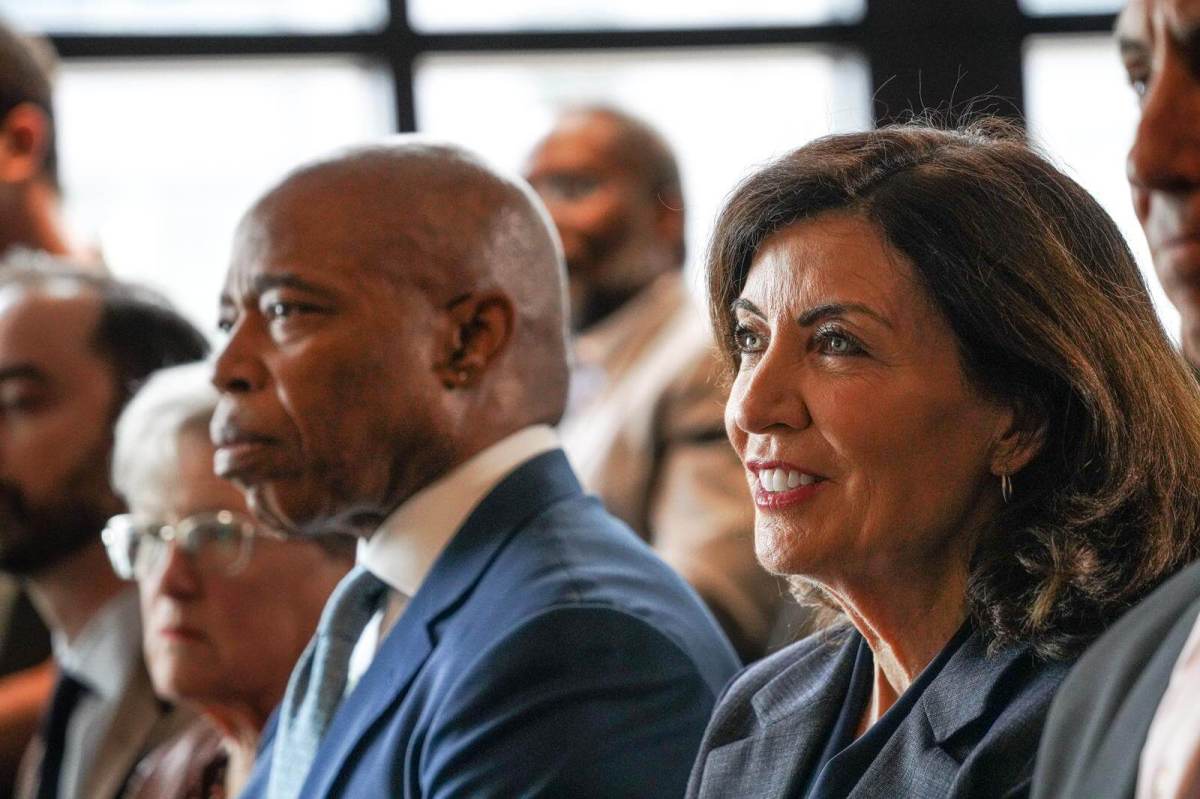NOW THAT’S WHAT I CALL HOPELESS: Simon Fuller, probably the most powerful producer on television today thanks to the success of the Idol franchise – well, everywhere but Canada, obviously – is shopping a new music show around to the networks, according to a Reuters story last week.
“This show will be nothing like American Idol and definitely won’t be a spinoff,” Fuller told Reuters. “It will be a new take on music programming.” What it will be, apparently, is a weekly music showcase based on Now That’s What I Call Music, a million-selling series of pop music compilations.
For those either too old to bother with top 40 pop collections – or too young to be bothered with something so 1985 as a package of pop hits collected on something as finite and retro as a CD – the Now franchise began in the UK in 1983, with a double-album (talk about your ancient history) that featured Phil Collins, Kajagoogoo, Culture Club and Men At Work, and became an unprecedented example of cooperation between three of the four major music conglomerates.
The series reached American shores in 1998, and it’s been going strong ever since, with franchises from Australia to Finland to Israel, and spin-offs covering everything from club and dance hits to country, jazz and Christmas tunes. On the surface, Fuller’s idea seems plausible, if hardly inspired, and he says that the title of the still-unnamed series will likely incorporate some reference to the Now brand.
What’s interesting is how, over 27 years since MTV debuted and wiped music and variety shows off network and regular broadcast television, Fuller sees an audience eager to see them return there. It’s not a stretch – it’s been years since MTV or its various sister channels featured music programming as anything but filler between reality programming, and with the end of Total Request Live, the cable network that could once describe itself as “Music Television” without irony has signaled that it’s not going back there.
There are those of us, however, who see the Now compilations as the sort of thing grandparents buy their tween grandchildren, who feign enthusiasm, as they’ve already downloaded anything worthwhile months ago. Audiences in high school and older have become so musically atomized that Fuller’s show will have to be literally everything to everyone – hardly a recipe for success on TV, where focusing down is the mantra for success.
















